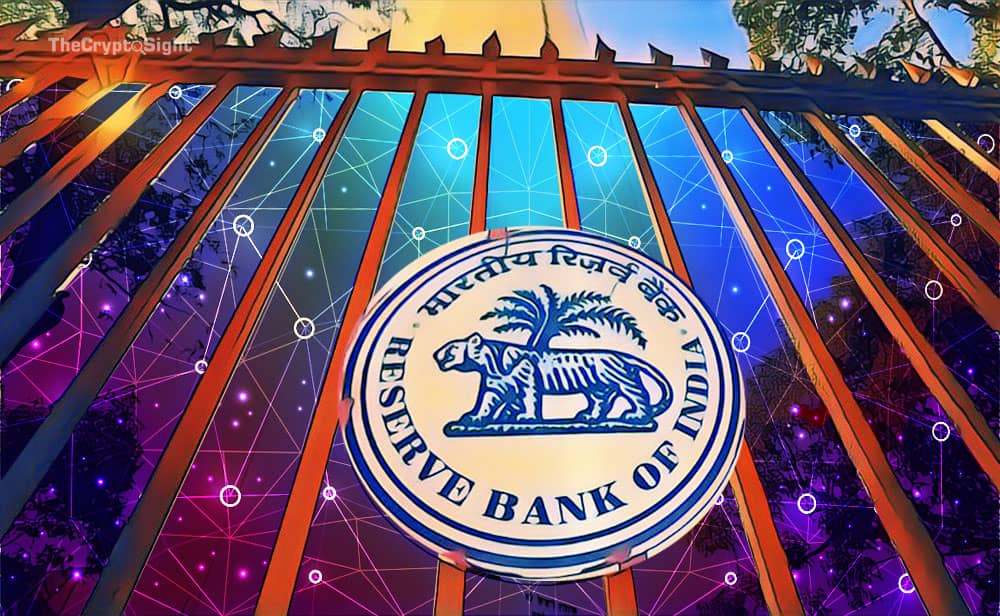
India’s central bank, the Reserve Bank of India (RBI), has unveiled its first official regulatory sandbox for the fintech industry since it set up an inter-regulatory working group in July 2016 to look into fintech. Through the sandbox, it says it will provide requisite regulatory guidance in order to help increase efficiency, manage risks, and create new opportunities for consumers.
A regulatory sandbox usually refers to live testing of new products or services in a controlled environment under the approval of regulators. A sandbox essentially allows regulators, businesses, and customers to conduct field tests for an emerging technology or potential growth area.
In its official report (Apr 18), RBI said its sandbox will welcome interest from companies working on a wide array of blockchain applications – from use in retail payments, remittances, mobile services, and wealth management to digital identification, smart contracts, and cyber security. Projects relating to data analytics, artificial intelligence, and machine learning are also included. RBI may even consider relaxing some of its own regulations for sandbox applicants on a case-to-case basis.
RBI is excluding financial services that are “similar to those that are already being offered” in India, as well as any products and services that are banned in India. Notably, blockchain related products of a more directly speculative nature – mainly cryptocurrency, trading in digital assets, and initial coin offerings (ICOs) – are also not eligible to be part of the sandbox.
The sandbox will begin with a first batch of 10 to 12 companies, which must be registered in India and have a minimum net worth of Rs.50 lakh ($71,500). They will undergo screening by RBI that may take up to four weeks before successful startups are granted a sandbox period of up to 22 months.
In April last year, RBI announced that it was halting support and services for cryptocurrency related businesses. Five months after, Zebpay – India’s biggest crypto exchange at the time – said it had stopped trading due to “extremely difficult” conditions.
RBI has reportedly wanted its own digital currency for a long time, but decided to shelve looking into it at the beginning of the year.

Comments